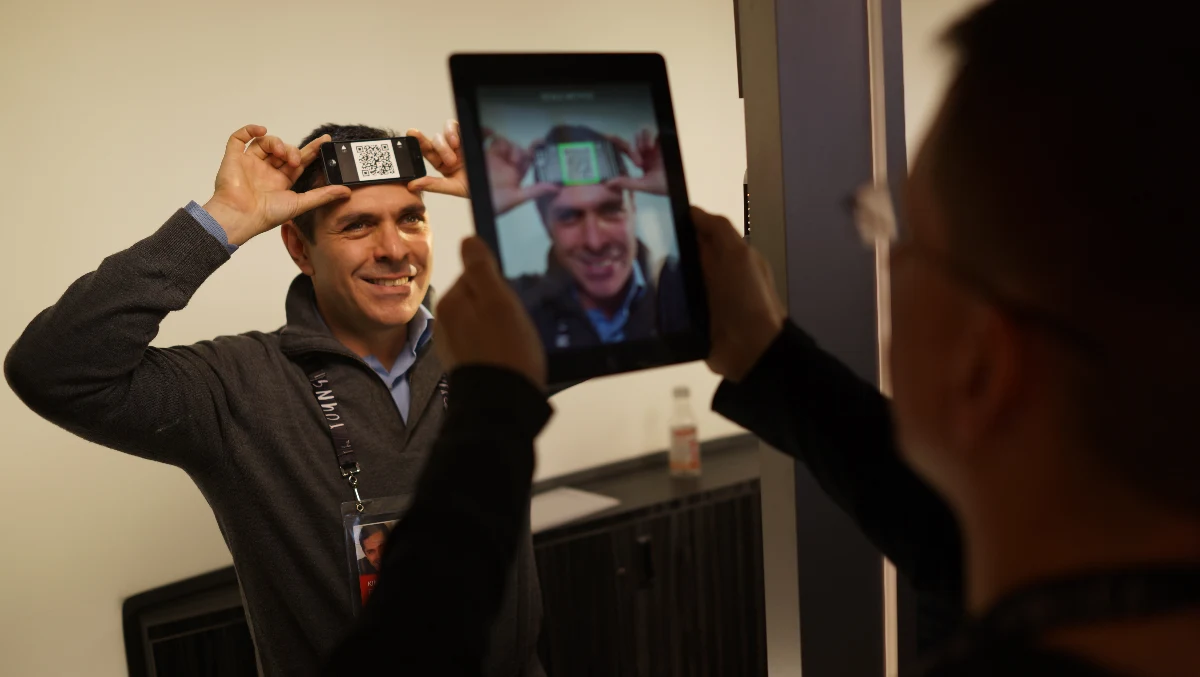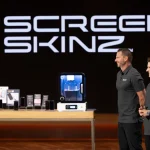
In the era of Artificial Intelligence that threatens to replace specific jobs, Daniel Lubetzky says colleges are not doing enough for the younger generation at risk from AI. Lubetzky’s advice for Gen Z is to turn around on this status quo by looking in the right places.
“For those people that have great ideas or great opportunities and don’t want to go to college, I don’t think college is an end all, be all or required thing,” says Lubetzky.
Who is Daniel Lubetzky?
Daniel Lubetzky is a Mexican-American entrepreneur. He founded KIND Snacks, a granola bar company, and later sold this venture to Mars in a multibillion-dollar deal in November 2020. Beyond KIND, he has invested in several other ventures.
Daniel has written a book about building purpose-driven businesses. He is well-known as a guest shark on Shark Tank.
As the son of a Holocaust survivor, Lubetzky credits his background for fueling his drive to create opportunities and bridge divides.
Lubetzky’s Advice for Gen Z in the Age of AI
Daniel Lubetzky earned his fortune by selling his snack company KIND to Mars for $5 billion. But the Lubetzky’s advice for Gen Z contradicts his approach.
In the current era of AI takeover, the best thing one can do, according to Lubetzky, is to acquire skilled labor.
“Vocational training and learning how to be a carpenter or a mechanic or any of those jobs is a huge field with huge opportunities that pays really, really well,” according to him.
Before that advice sounds contradictory and even misleading to you (considering it’s coming from an entrepreneur who is telling the younger generation to get into skilled labour), hear him out. He is not entirely wrong.
Importance of Skilled Labour in the New Age of AI
As AI begins to shrink opportunities in entry level white collar jobs, handyman trades continue to see a steady growth.
Many of these jobs only require apprenticeships or hands-on training, making them a realistic path for people looking to shift careers and reach six-figure earnings.
Even with risks like tough working conditions and seasonal gaps, these trades continue to offer plenty of opportunities.
Federal Reserve Bank of St. Louis data shows that in May 2025, there were around 245,000 open jobs in construction and 414,000 in manufacturing.
While AI can develop your software or do your data entry, it cannot quite fix your roof or replace your car tires.
How Tech Dreams Distracted Gen Z from Real-World Skills
The current coming-of-age to job market generation, Gen-Z, was raised on dreams of tech startups, entrepreneurial spirit, and the American dream of making it big.
This generation saw the rise of empires like Meta and Amazon from their eyes, and it inspired them.
So naturally, everyone in Gen-Z grew up subconsciously molded by similar aspirations. What they did not foresee was the unprecedented rise of AI, which evolved silently in the corner to stampede on their dreams.
Lubetzky states that society has neglected the working professionals who do its heavy lifting during the recent rise of techbro hustle culture.
Adding to that, Lubetzky elaborates on the shortcomings of higher education institutions in the last 20-30 years. Bandwagoning on the tech wave and failing to impart the essential skills of critical thinking in the process is to blame.
Gen Z has developed a sheep-herd mentality, driven by the belief that building the next big tech startup is their ultimate path to success and salvation.
Many still hope to secure jobs at major Silicon Valley companies, even as AI disrupts traditional career paths.
Are Skilled Trades Truly the Future for Gen Z?
Enrollment in trade schools has jumped nearly 20 percent since 2020, but that does not give the full picture.
Despite its everlasting utility, trade jobs are among the worst entry-level options in the United States and have several safety risks.
The window for growth also remains limited, and employers distribute demand unevenly in a gig structure.
Overall, trade industry employees reportedly rank lower in levels of overall happiness. Not that tech employees are particularly thriving, but chances are they wouldn’t know because of their “drive” and “passion.”
Daniel Lubetzky’s message to Gen Z is not about dismissing technology or higher education but about broadening the definition of success.
As AI reshapes industries, valuing formal education and hands-on skills could give the next generation the adaptability they need to thrive.




















